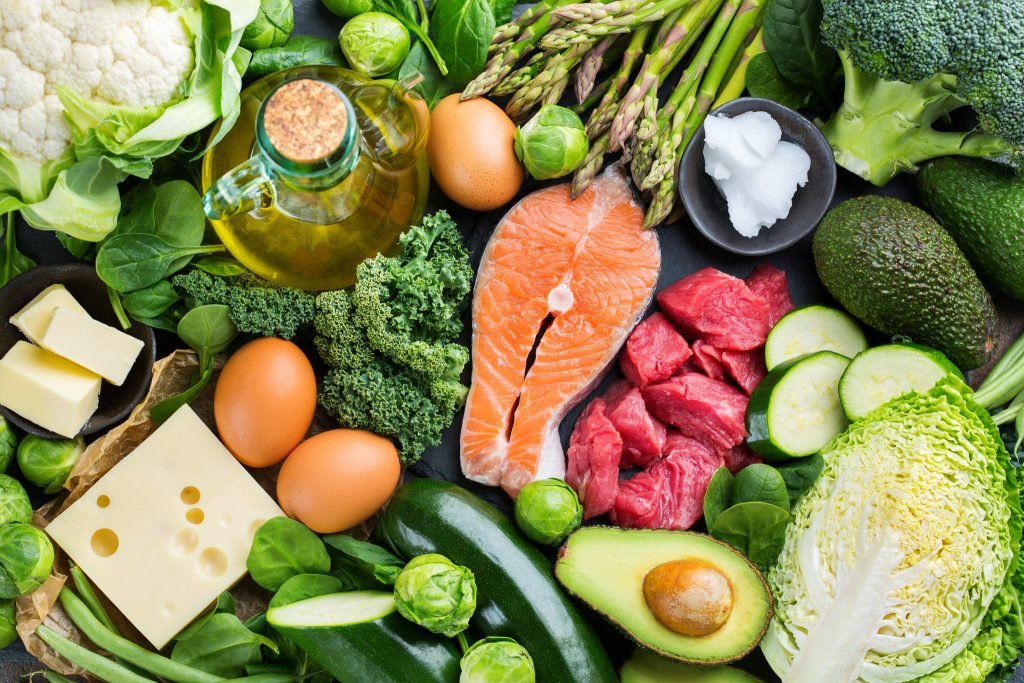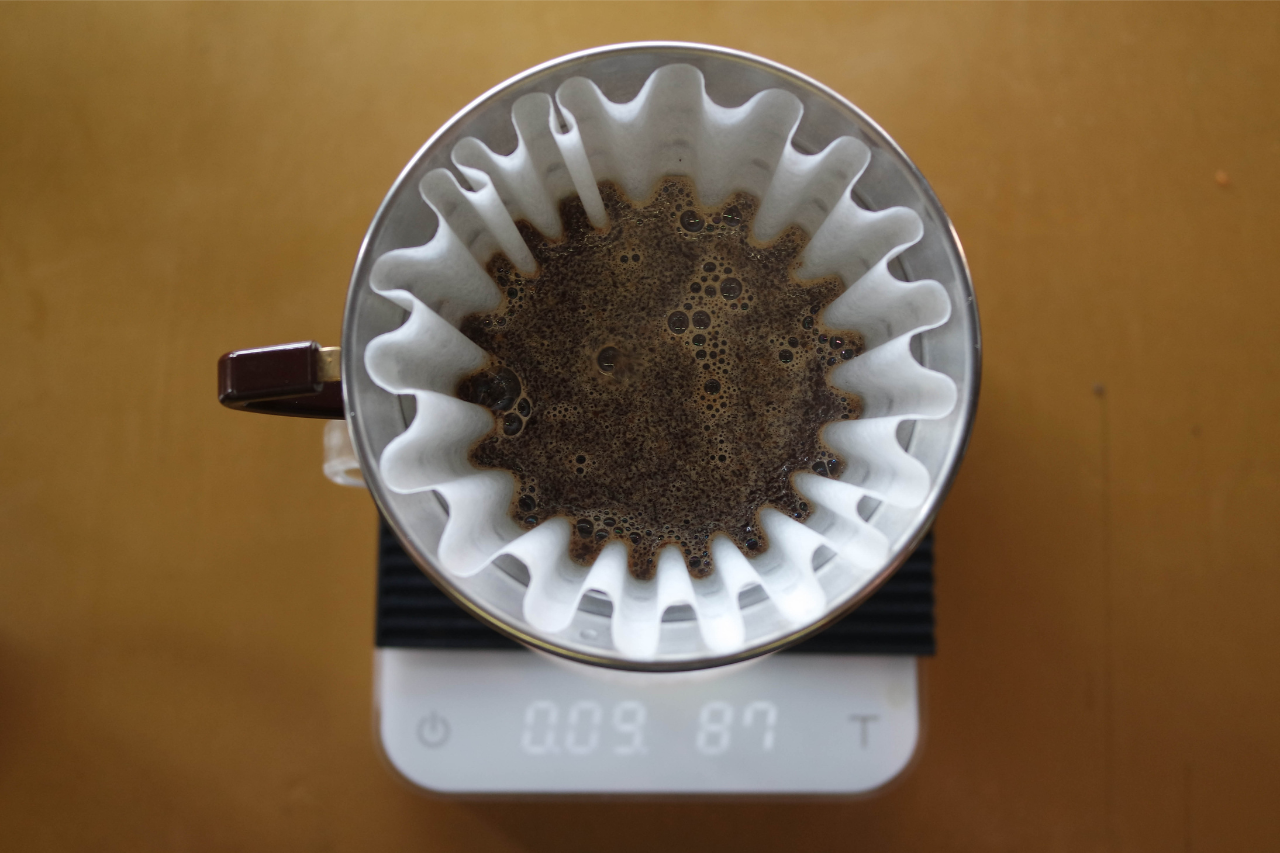
What is the Keto Diet: Unraveling the Keto Diet

Share:
Although the keto diet isn’t new, it has been particularly popular in recent years. Doctors and other health professionals all over the world currently recommend the keto diet because it is associated with very effective weight loss. What exactly is the keto diet? What are the advantages of following a keto diet, and how safe is it? Read on to have your keto diet questions answered.
What Is a Ketogenic Diet?

In essence, a ketogenic diet is very low in carbohydrates and high in fat. A ketogenic diet also contains a significant amount of protein. The keto diet works by burning fat to obtain energy, as opposed to carbohydrates. Because the body does not get many carbohydrates at all, it goes into a state described as ketosis. While in ketosis, the body produces more naturally occurring chemicals called ketones. Ketones burn fat, which is then used to provide the cells of the body with the energy they require to function.
What Can You Eat?
Unfortunately, the keto diet is quite restrictive because you cannot really eat any carbohydrates. Therefore, most fruit and a lot of vegetables are off the menu. The same goes for rice, pasta, bread, whole grains, and any food that contains sugar, such as cookies, ice cream, and hard candies.
Though giving up carbs is challenging, the food you can eat on the keto diet is high in fat and rather delicious. Food that you can eat on the keto diet includes meat, poultry, shellfish, fish, low carbohydrate vegetables such as spinach or broccoli, cheese, avocados, berries, eggs, coconut oil, full-fat Greek yoghurt, cream, nuts and seeds, olive oil, shirataki noodles, kefir, milk, dark chocolate, and cocoa powder.
What Are the Advantages of the Keto Diet?
What has made the ketogenic diet so popular with millions of people around the world? Here are some of the major health benefits associated with following the keto diet:
- The keto diet is high in fat and protein. This helps to keep hunger cravings at bay. Hence, the keto diet is easier to stick to than other types of restrictive diets.
- You will lose weight quickly in the initial stages of a keto diet. This occurs because you lose a lot more water when you are in a state of ketosis. Water loss leads to a decreased level of insulin in the bloodstream. This reduced insulin level means losing more weight than you would if you followed a traditional low-fat diet.
- Following the keto diet may lead to lower triglyceride levels in the blood. Triglycerides are a type of fat that circulates in the bloodstream. High triglyceride levels in the bloodstream are associated with heart disease.
- People who follow the keto diet have lower levels of bad LDL cholesterol in their bloodstream and higher levels of good HDL cholesterol. Having high good cholesterol and low bad cholesterol levels means you are less likely to develop diabetes or a cardiovascular condition.
- Your body has two types of fat. These are subcutaneous fat and visceral fat. Subcutaneous fat is stored under the skin. Visceral fat is stored in the abdominal cavity. Having too much visceral fat is dangerous because it can lead to health complications such as type two diabetes, heart disease, breast cancer, gall bladder issues, and metabolic disturbances. Following the keto diet is particularly effective when it comes to losing fat from the abdominal cavity.
- If you don’t eat a lot of carbohydrates because you’re on the keto diet, there will be less sugar in your blood. If your blood is less sugary, your body will not need to produce as much insulin. Thus, the keto diet is excellent for people who are diabetic or prediabetic. A study conducted by the NCBI found that the keto diet may help to improve glycemia. This means type two diabetes patients who try out the keto diet may be able to reduce or even eliminate the medication they need to manage their condition.
- The keto diet can help with weight loss significantly. As you shed the pounds, your blood pressure will lower naturally because you won’t be putting as much stress on your cardiovascular system. High blood pressure is associated with many serious health complications such as heart attack, stroke, blindness, aneurysm, memory issues, and dementia.
- Cancer cells rely on fuel from carbohydrates to grow and multiply. The keto diet means eliminating most carbs and relying on other metabolic functions for fuel. Theoretically, if there is no sugar in your blood with which to feed the cancer cells, they will starve and die. Thus the ketogenic diet may be an effective treatment for some types of cancer. However, it should not be used as an alternative to your doctor’s treatment plan.
- The ketogenic diet may also be useful in impeding the progress of brain diseases such as Alzheimer’s. One of the causes of Alzheimer’s is amyloid plaque. Amyloid plaques are aggregates of misfolded proteins that build up in the spaces between your nerve cells. They cause neuroinflammation and neurodegeneration. Following a ketogenic diet can help stop the formation of amyloid plaque between your nerve cells, reducing your overall risk of Alzheimer’s disease.
What Are the Disadvantages of the Keto Diet?
Although the ketogenetic diet can do a lot to help with weight loss, obesity, and obesity-related health conditions, it still has some associated side effects. Here are some of the side effects associated with the keto diet:
- Many people experience what is generally described as ‘keto flu’ for up to seven days after they begin the diet. Keto flu often includes symptoms such as fatigue, brain fog, irritability, headaches, constipation, and nausea. You can avoid or reduce these symptoms by getting sufficient sleep, staying hydrated, and cutting the carbs from your diet gradually rather than abruptly.
- Carbohydrates such as fruit, vegetables, and whole grains contain a great deal of fiber. Fiber is necessary for the health of your gut since it helps you to move your bowels regularly. The keto diet has therefore been associated with constipation and other digestive issues. It is good to stay hydrated when you are on the keto diet to avoid constipation. Make sure your diet contains enough berries and low-carb vegetables, too. You might also want to try fiber supplements if you find the keto diet is giving you constipation.
- Food that is high in carbohydrates tends to be rich in vitamins, minerals, and other key nutrients. If you stop eating fruit, vegetables, and whole grains because they are high in carbohydrates, you can quite easily become malnourished without realizing it. You should therefore invest in a good quality multivitamin if you intend to go on the keto diet.
- Although most of the food you can eat is delicious, the keto diet is still very restrictive. This makes the diet quite hard to maintain over a long period of time. You can circumvent this problem to a degree by looking for interesting ketogenic recipes online. This can help to stop you from becoming bored by the lack of variety in your diet.
- Keto Crotch, creates an environment that favors the growth of bacteria that produce vaginal discharge and odor.
.
Proceed Cautiously
The health benefits associated with following a ketogenic diet seem to outweigh the risks. Therefore, anybody who wants to try the keto diet should do so, provided they consult with their GP first. If you decide to try the ketogenic diet, simply make sure you take the steps that are necessary to reduce or eliminate any of the associated side effects.
Once you have reached your target weight from following a ketogenic diet, you can then relax the rules a little bit if you wish. That doesn’t mean you should start eating sugary candies daily and undo all of your hard work. It simply means that you shouldn’t berate yourself if you consume a few potatoes with your meat, or eat a sandwich occasionally.
The keto diet is safe and extremely effective for most individuals. Many people have transformed their lives using the ketogenic diet. However, you should always seek medical advice before making any significant changes to what you eat and drink. You should also consult your doctor right away if you feel ill at any point after starting a ketogenic diet.
Most Popular


What is Coffee Bloom and why does it happen?

20 Best Books Made Into Movies And TV Shows





